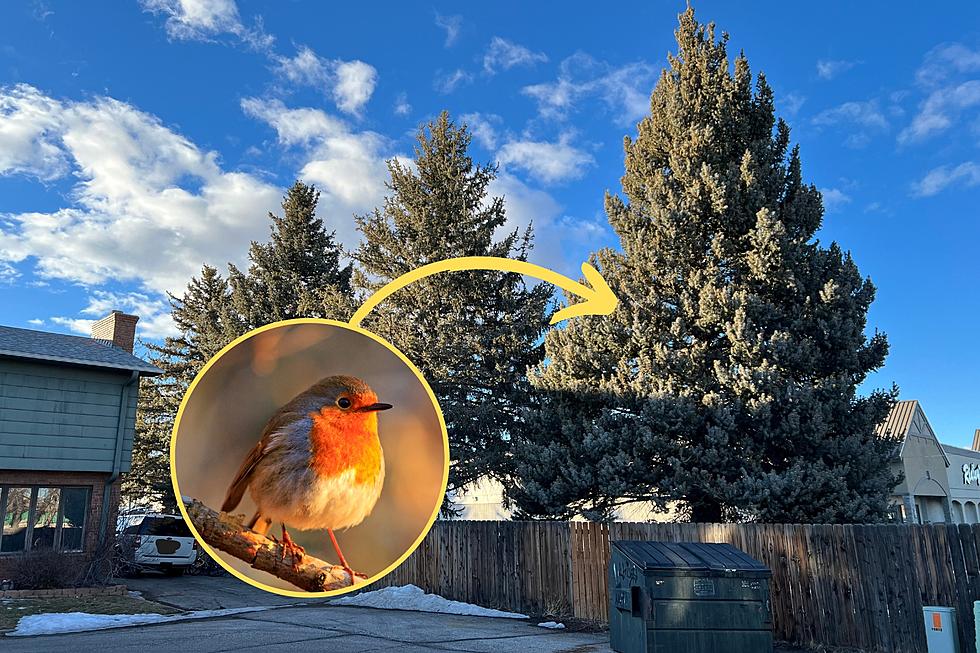
Are Wide-Brimmed Hats, Chicken the Answer to Seasonal Allergy Relief?
When you look for "natural rememdies" you're always sure to get some pretty interesting answers. Ready to dive into seasonal allergies?
Surely I am not the only one suffering through seasonal allergies. Never had allergies as a kid living in Southern California, but as an adult I am struggling. They say that you can develop or lose allergies as you progress through life. Forgive me if I don't sound enthusiastic. Itchy eyes, swollen nasal passages, congestion... I've got it all.
I thought it would be fun to find natural remedies to seasonal allergies and Reader's Digest gave me 12 things that could provide relief.
Saline Rinse
This one may only be useful before symptoms attack, but I say it's worth a try regardless. Rinsing your nose out with saline, either with a spray of Neti pot, can wash away pollen before it begins to build up. You may still need an antihistamine, but this may reduce your doses.
Chicken Over Beef
Although it may be better to go vegan during allergy season, I know that's not always the most appealing option. Meat and dairy contain trans oleic acid, which may contribute to your symptoms. This is according to a two-year study that looked at more than 1,500 adults with and without hay fever. There was a correlation between those with hay fever and having this acid in their system. If you must have meat, choose chicken as it has a lower level of trans oleic acid than beef.
Fish Oil
All I can think about is a strong fishy smell when I read the words "fish oil." Fish oil supplements can lower levels of leukotrienes in your body. This is a chemical that contributes to allergic reactions. Lower levels can mean less reactions.
Hat and Shades
You surely can't hide from allergies like they're paparazzi, but a wide brimmed hat and sunglasses can block pollen from blowing into your eyes.
Butterbur
Nope. I've never heard of it either, but if it can be ground up and thrown into a smoothie, I'm in! Butterbur is an herb that can help with allergy symptoms. Although it's not as strong as an over-the-counter drug, it's definitely the natural way to go.
Acupuncture
Having someone stick needles in your skin seems to help with a lot of things, but I still can't bring myself to trying it. Experts aren't exactly sure why it works, but it can help decrease allergic reactions. Yeah, probably because your body is too busy trying to figure out where these dang needles keep coming from.
Tumeric
It can stain just about anything, but Tumeric can be beneficial to those struggling with allergies. It's a spice that's common in curry and Indian cuisine. Aside from reducing allergy symptoms, it can act as a decongestant and ward off a cold.
Workout at Dusk
Change your workout, change your allergy symptoms. Most trees release their pollen in the morning. If you workout outside regularly, you may want to try an evening sweat sesh.
Change Your Clothes
I may be a little too eager when it comes to putting on my pajamas after work, but it can help get rid of the pollen you've picked up throughout the day. Want to take it to the next level? Jump in the shower when you get home.
HEPA Filters
You could have a ton of pollen floating around your home. A high-efficiency particulate air (HEPA) filter in your vacuum can help you suck up those nasty allergens and prevent them from going back into the air in your home.
Car Air Filter
Again, it's all about getting those allergens away from you. You could be sucking up a ton of pollen on your commute. Change your air filter to reduce the amount of pollen being blown into your face each trip.
Take Your Medications at Night
If it works for beauty creams and moisturizers, it must work for medication, right? Some doctors report that patients had better relief in their symptoms simply by taking their medication at night instead of in the morning.
Know When to Throw in the Towel
If none of these things are cutting it. Find a drug that works for you, whether it's from your doctor or over-the-counter. Just find relief.
More From 104.7 KISS-FM









